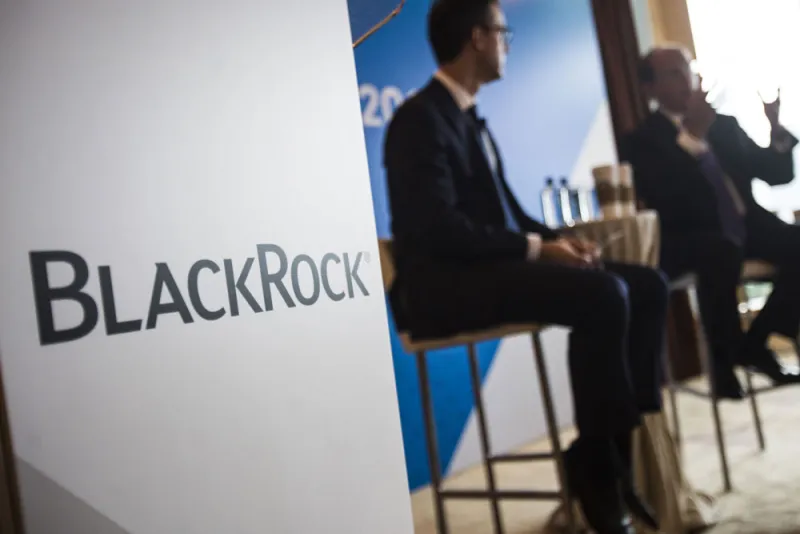BlackRock is rolling out new updates to its flagship Aladdin platform as the asset management giant tries to take over even more of the portfolio management software market.
Aladdin — short for Asset Liability and Debt and Derivative Investment Network — started in the early ’90s as a tool for evaluating bond portfolios. Last year, BlackRock bought private markets data firm eFront in pursuit of “whole portfolio view”: providing in-depth risk analytics across every asset class, public and private.
Aladdin executives say they’ve done it.
But the updates come as new competitors emerge for the BlackRock’s ubiquitous portfolio management platform. Quantitative investment firm Two Sigma debuted its data and risk-management tool Venn in late 2019. State Street has been developing a platform called Alpha, having acquired Aladdin competitor Charles River Development in 2018.
Aladdin’s new software, which is debuting a little over a year after the eFront deal was first announced, gives users total portfolio and asset class breakdowns of their current holdings and risk exposures, according to BlackRock. A pension fund CIO who is worried about Covid-19’s fallout, for example, could sort their portfolio by sector to suss out exposure to travel and hospitality, or stress test various pandemic scenarios.
Aladdin clients used to only get this deeper analysis on public equities and fixed income, rather than across private assets as well.
“The trends of why we ultimately acquired eFront have only accelerated,” Sudhir Nair, global head of Aladdin, said in an interview. “We saw an increased importance in allocations to alternatives, but the current state of technology to support those private market exposures was far behind where they were in public markets. We believed there was an opportunity and increasingly a need to bring public and private markets together.”
[II Deep Dive: Can Anyone Bury BlackRock?]
That gap has been apparent to many tech providers — not to mention end users.
SimCorp, which sells the Dimension platform, introduced an alternatives-focused tool back in 2018 to help users better track private equity, real estate, and infrastructure investments. Commenting on the eFront deal last year, SimCorp CEO Klaus Holse observed increasing demand for all-in-one investment technology as investors seek to consolidate “fragmented, inhibiting, and costly investment operations.”
“As BlackRock moves toward the market demand for front-to-back solutions, their success very much hinges on integration,” he wrote in an April 2019 letter published to SimCorp’s website.
So far, client feedback on Aladdin’s whole-portfolio software has been positive, according to business development chief Tarek Chouman, eFront’s former CEO. Still, integration challenges remain for the larger Aladdin operating system, which supports trade execution and compliance, among other investment functions.
“The eFront capabilities are similar to Aladdin, but the asset classes are different,” Chouman told Institutional Investor. “When you are buying a public company versus a private company – clearly it’s a different way of doing things. But wherever there is a similarity, where there is something that looks the same in public and private markets, we will try to operate those things in the same way.”
According to Chouman, updates in the pipeline include cost management tools and the incorporation of environmental, social, and governance criteria.
“We see a large demand from clients to bring data sets associated with ESG and climate risk closer together with the investment process,” Nair added.
While some Aladdin users may be looking for ways to cut costs in a downturn, the BlackRock executives said they do not think Aladdin is vulnerable. If anything, they said that more volatile markets and working from home has amplified appetite for a unifying system.
“With the current crisis, there’s been a significant surge in client demand for risk assessment,” Chouman said.







